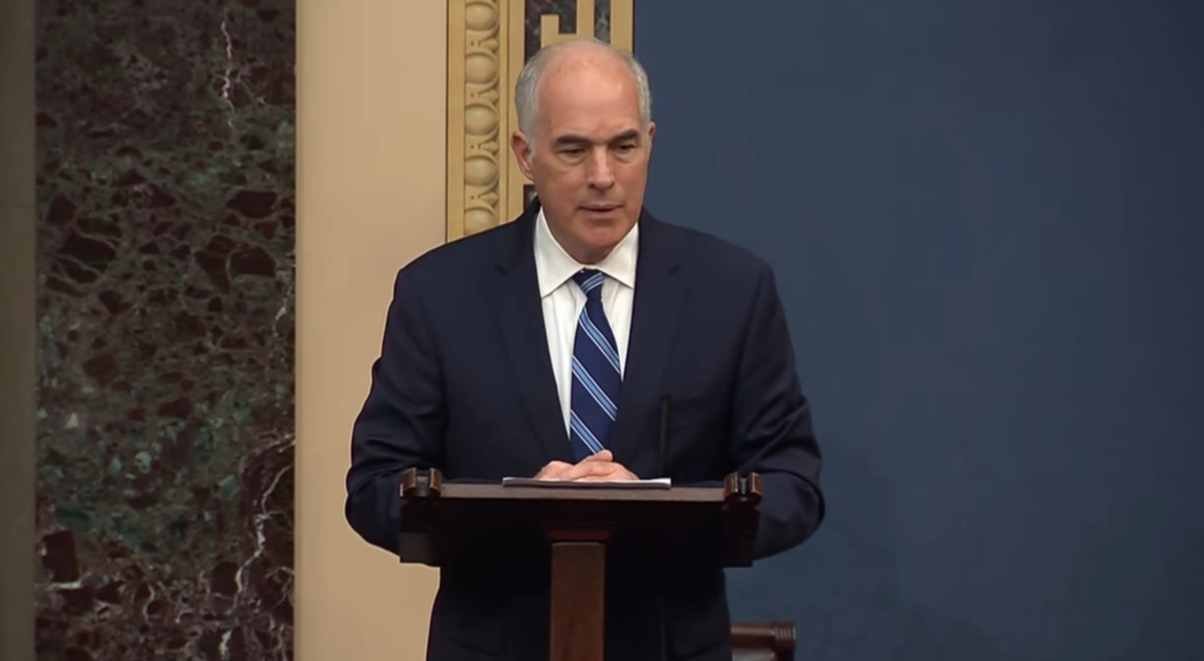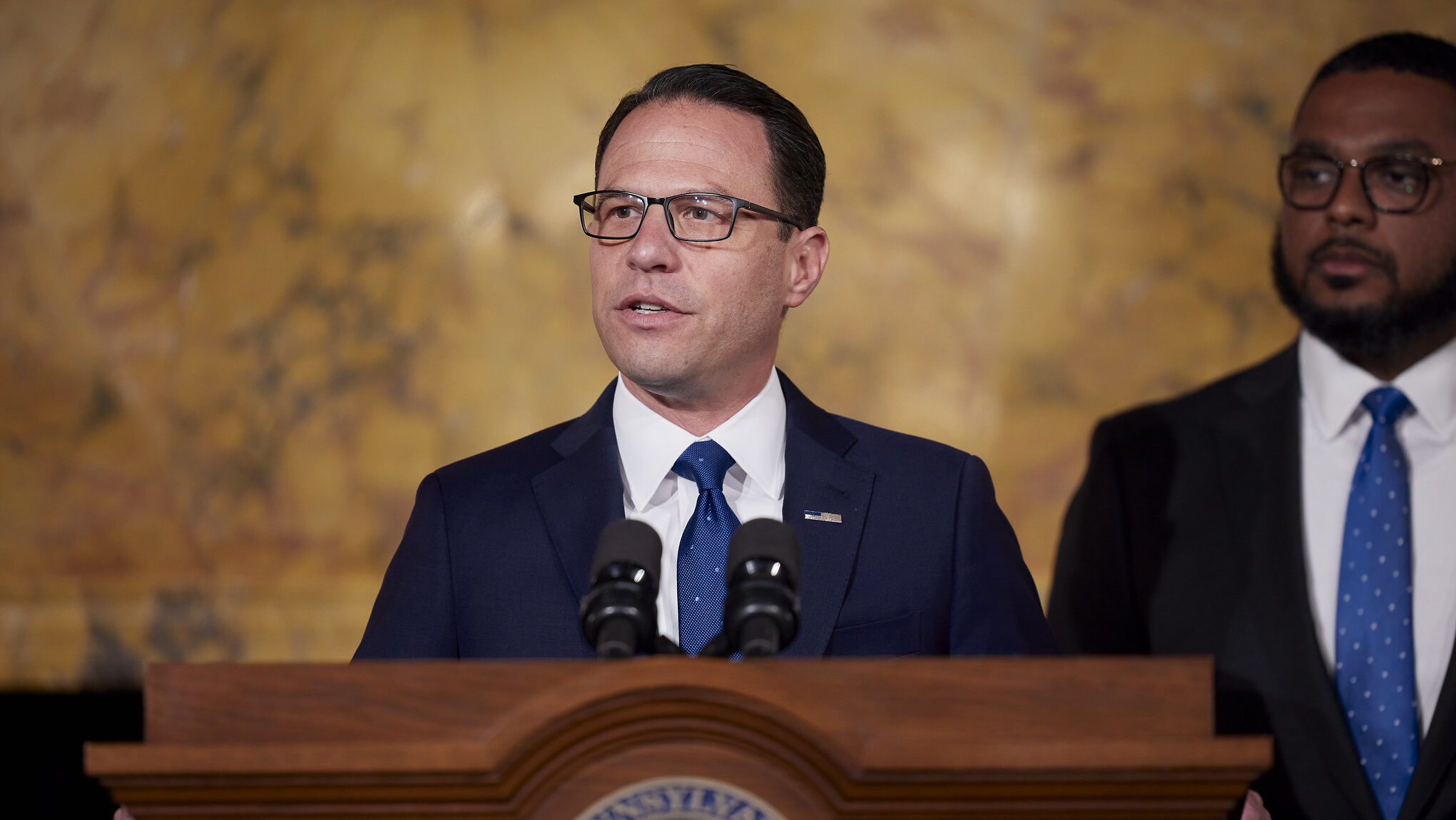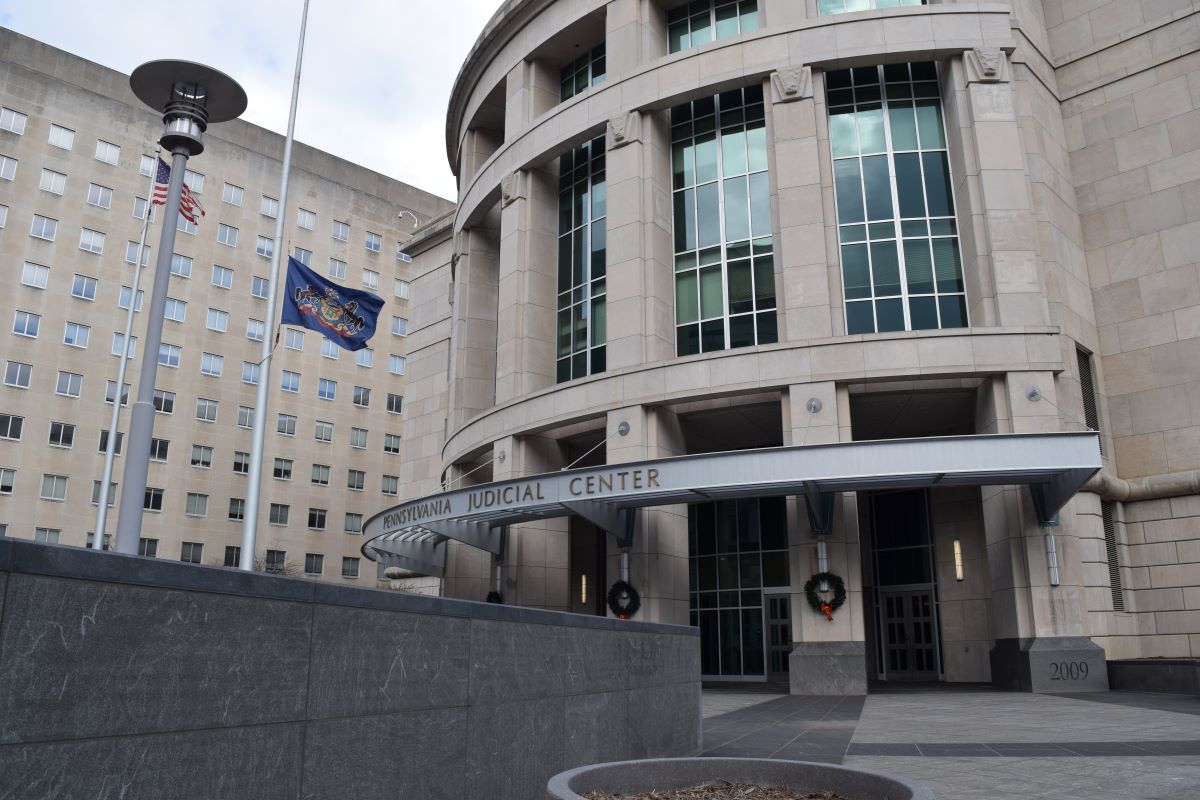Election Integrity Group Can Inspect SC Voter Rolls, Judge Rules
A federal judge in South Carolina, Joseph F. Anderson Jr., ruled that the Public Interest Legal Foundation (PILF), an election integrity advocacy organization, can review the state’s voter rolls for ineligible voters. The decision came after the South Carolina State Election Commission (SEC) attempted to block PILF’s access, citing state law that restricts voter record access to “qualified electors.” However, Anderson pointed out that under the National Voter Registration Act of 1993 (NVRA), voter records must be made available for public inspection, irrespective of the requester’s state residency.
The ruling emphasized that the state law conflicts with federal law, which mandates that records concerning voter maintenance be publicly accessible. This decision allows PILF to investigate issues such as duplicate registrations and deceased voters on the rolls. PILF positions itself as a law firm focused on safeguarding election integrity and has sought similar data in various states to analyze voter registration issues.
A federal judge in South Carolina ruled Wednesday that an election integrity advocacy organization has the right to review the state’s voter rolls for ineligible voting.
U.S. District Court Judge Joseph F. Anderson Jr., an appointee of President Ronald Reagan, ruled that the South Carolina State Election Commission (SEC) could not block the Public Interest Legal Foundation (PILF) from reviewing the Palmetto State’s voter rolls, despite it being an out-of-state organization.
Because voter rolls are a matter of public information under federal law, the National Voter Registration Act of 1993 (NVRA), the SEC could not block PILF from reviewing its Statewide Voter Registration List (SVRL), the court’s opinion explained.
“South Carolina’s prohibition on the distribution of the SVRL to only eligible South Carolina voters conflicts with the NVRA’s mandate that all records concerning maintenance and accuracy activities be made available for ‘public inspection,’” Anderson wrote. “Because adherence to South Carolina law would frustrate application of the Federal mandate, the state law must yield.”
The SEC, South Carolina’s executive agency responsible for administering elections, argued that state law would prohibit PILF from obtaining the voter records because the group is not a “qualified elector” in South Carolina. It therefore blocked PILF’s initial request for the data in February.
PILF is not a South Carolina voter, but “describes itself as a ‘public interest law firm dedicated to election integrity’ which ‘protects the right to vote and preserves the Constitutional framework of American elections through litigation, investigation, research, and education,’” the opinion noted. PILF’s website says it requests similar data from states across the country to feed into its database that sheds light on who is “voting twice or from beyond the grave.”
“We’ve used this data to sue states for failing to do effective list maintenance such as not removing deceased registrants, duplicate voter registrations, and voters who move to another state,” PILF’s website adds.
The data includes certain demographic data like sex, race, and age, as well as county and voting district, the decision states.
According to the ruling, the SEC attempted to make the argument that its voter list, which is required by federal law to both be made publicly available and maintained as a list of “all records concerning the implementation of programs and activities conducted for the purpose of ensuring the accuracy and currency of official lists of eligible voters,” is not used for ensuring accuracy, currency, or, as Anderson pointed out, apparently anything at all.
“The SEC’s posited classification of the SVRL looks past the plain language of the NVRA. Put simply, the NVRA is a broad statute which covers all records ‘concerning’ efforts made to maintain an accurate and current list of eligible voters,” Anderson wrote. “How then, can a report which identifies the most updated list of eligible South Carolina voters not be a record concerning the efforts made to ensure an accurate and current list of voters?”
“The SVRL represents the end-product of the State’s list maintenance activities,” he added.
" Conservative News Daily does not always share or support the views and opinions expressed here; they are just those of the writer."





Now loading...